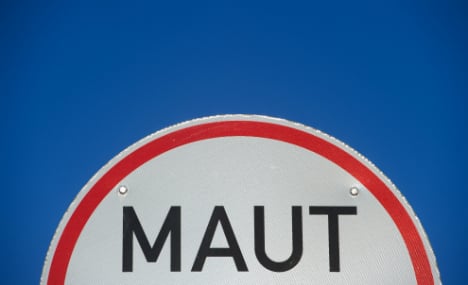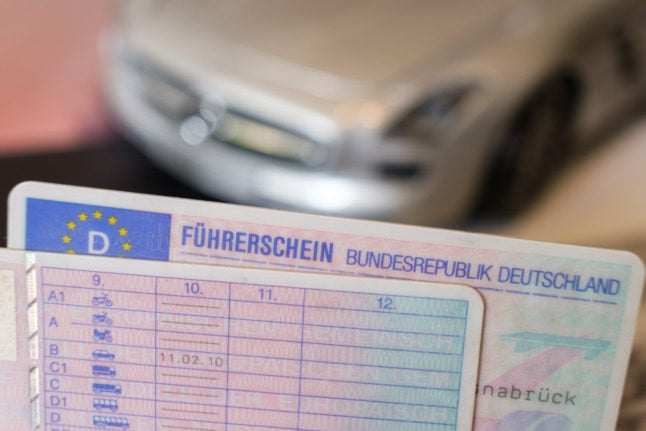"One has to advise that now this tiresome summer theatre and cacophony has to come to an end and we start concentrating on the difficult parliamentary work," said Andreas Scheuer, head of the Christian Social Union (CSU), sister party to Angela Merkel's ruling Christian Democrats (CDU), in an interview with news agency dpa.
Federal Transportation Minister Alexander Dobrindt (CSU) has already put forward a concept outlining how the new tolls will work.
"We will now have to co-ordinate between the federal ministers and hope to develop the bill quickly, just as we have in past decades on many other political issues," he said.
Tolls have faced a lot of opposition, particularly from North Rhein-Westphalia, Baden-Württemberg and Rheinland-Palitinate, which see a lot of road traffic thanks to their borders with other countries and fear the change will have an overall negative effect on their regional economies.
"We will of course have an open and transparent dialogue," said Scheuer. "The car toll is a coalition project. All three leaders of the ruling parties have signed on to and therefore the toll is happening."
The head of the Institute of Economic Research (IW), Michael Hüther, said tolls should be subject to daily times and congestion so as to not overburden commuters. He told the Bild paper that there should be an option for discounted subscription to the new tolls.
The original plan was to have the tolls on all German streets. The CSU has now amended that to all motorways and federal roads, according to information published in the Augsburger Allgemeine on Thursday, though Dobrindt would not confirm this to dpa.
"We are currently working on a draft of the law based on the proposed concept," he said.
Other changes could be coming to German roads as well. Political sources told daily Die Welt on Thursday that federal Finance Minister Wolfgang Schäuble is looking to change the ownership the roads.
Under the current law, the federal government owns the motorways built under the Third Reich as well as their trunk roads. The states manage and maintain the roads under contract from the state.
With the proposed change, the states can be relieved of that responsibility, said the paper, leaving the federal government free to engage private investors to take over the task.



 Please whitelist us to continue reading.
Please whitelist us to continue reading.
Member comments